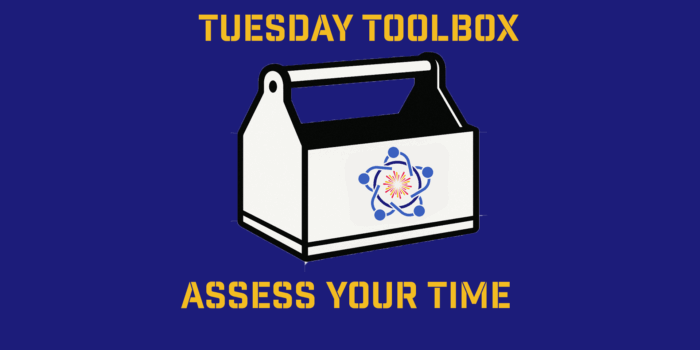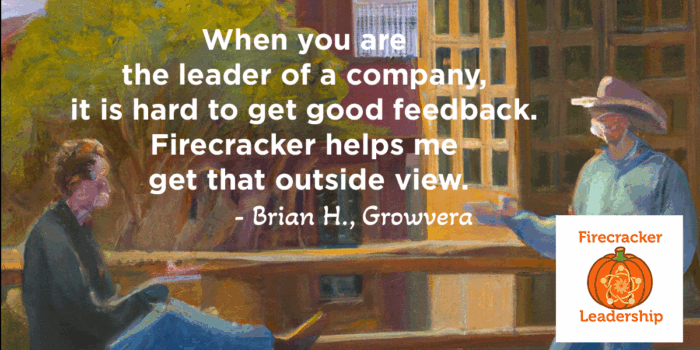My Wednesday Wish for You: To Know When to Quit We all have big goals, dreams that excite us, projects…
How would increased patience serve you? Are you willing to slow down and find out?
BY MARCEL SCHWANTES, INC. CONTRIBUTING EDITOR AND FOUNDER, LEADERSHIP FROM THE CORE
We live in a society that values immediate gratification. At work, we negotiate for what we need to get our work done to meet demanding deadlines and look good to our bosses. If we don’t get replies to our urgent emails and texts at our convenience, the impatience meter rises, and so does our frustration level with others.
A “what have you done for me lately?” mindset has become culturally ingrained in all of us. We lack patience, and we demand things without much consideration for the needs and well-being of others.
That’s the bad news. The good news is we can do something about our lack of patience, because it may be costing us as leaders and business owners.
Giving the skill of patience a second look
Patience is not a behavior that every business leader naturally possesses or wants to develop, especially in a winner-take-all footrace to scale the business and beat the competition. Many leaders seek quick fixes and cannot wait for long-term strategies to bear fruit. Our fast-paced digital work environment does not help; it prizes hyper speed over everything else.
But here’s the thing: patience is a secret power, and it can help us steer through many of life’s trickiest challenges and uncertainties.
Dr. David Sluss, an executive educator at ESSEC Business School, has published compelling research on patience. He defines it as “the propensity to act calmly in the face of frustration and adversity.”
Sluss reminded me in a podcast conversation that patience is active, not passive. It’s behaving calmly in the face of adversity, not waiting calmly. There’s action behind it, but it’s thoughtful, conscientious action.
“Slow is smooth, and smooth is fast.”
In Sluss’ Harvard Business Review article summarizing his research, he used the example of the U.S. Navy SEALs, who live by the motto, “Slow is smooth, and smooth is fast.” Despite their need for rapid responses, these elite special-forces teams approach their missions with a surprising degree of methodical patience in planning and execution. With over 60 years of experience in high-pressure situations, they’ve discovered that working deliberately and smoothly actually minimizes errors and the need for do-overs, ultimately accelerating the mission.
Sluss wrote that leaders must understand the difference between operational speed (moving quickly) and strategic speed (reducing the time it takes to deliver value). This hinges on clearly defining what “delivering value” means from the outset.
The takeaway
Patience is a skill I wish more leaders practiced and took seriously. It helps you to slow down, process, gather information, and rethink when things are snowballing out of control. It can also help you reframe to a more positive mindset, one where you can see that things will improve. And in a conflict situation with differing points of view, patience helps you see the innocence in other people during those really frustrating moments when you’d rather get your way. Remember the lesson: “Slow is smooth, and smooth is fast.”



